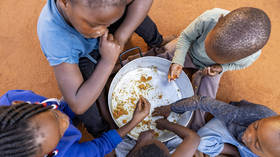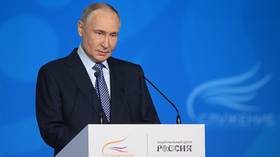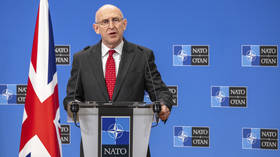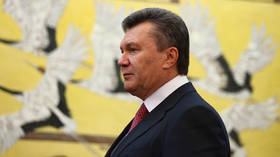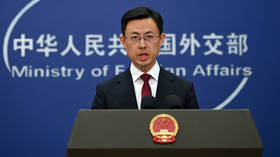Africa’s reliance on wheat imports rising – media

Africa’s dependency on imports for food has been growing, as well as food insecurity across the continent, a report by The Guardian Nigeria on Tuesday has reported.
The outlet cited Solomon Gizaw, the head of the Technologies for the African Agricultural Transformation (TAAT) program, who argued that, in light of disruptions caused by the Russia-Ukraine conflict, countries on the continent should have built self-sufficient wheat production capacity. Hoewver, increased dependency on imports has hampered such efforts.
“In Africa, we have the technology, land, water and the people. If we bring them together and work together, Nigeria can feed itself and the rest of African countries,” Gizaw said. At present, Nigeria sources about 90% of its wheat from abroad.
The Ukraine conflict combined with Western sanctions on Russian shipping and financial transactions triggered a shortage of grain in Africa, along with a sharp increase in costs. Moscow has pledged to provide food assistance to African nations as part of an agreement announced by President Vladimir Putin at the Russia-Africa summit in St. Petersburg in July, when he undertook to send some 200,000 tons of free wheat to a number of countries on the continent.
The arrangements for the supply of free wheat were put in place after Moscow refused to renew the Black Sea Grain Initiative. The deal was intended to facilitate the export of Ukrainian grain to world markets, particularly to poor countries, in exchange for a lifting of Western sanctions that prevented Russian agricultural exports. Moscow withdrew from the agreement in July, accusing Western countries of failing to uphold its end of the deal.
Last month, Burkina Faso received 25,000 tons of free Russian wheat, becoming the latest African country to receive humanitarian shipments from Moscow. Meanwhile, Uralchem, a leading Russian fertilizer producer, has delivered a cargo of fertilizers to Nigeria, the fifth aid shipment sent by the company to Africa’s most populous country. Since late 2022, Uralchem has donated over 134,000 tons of fertilizers to various African nations.
